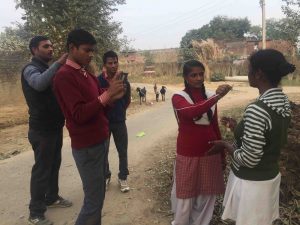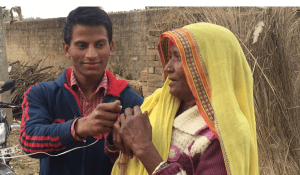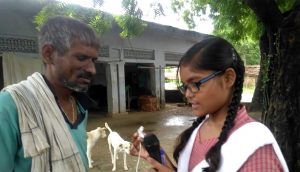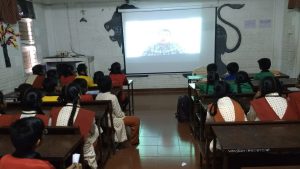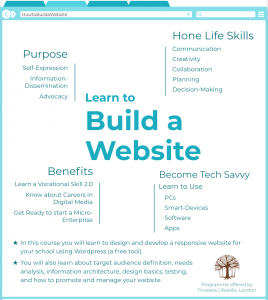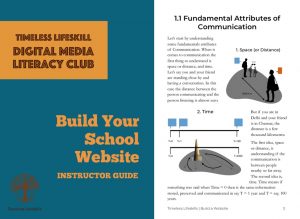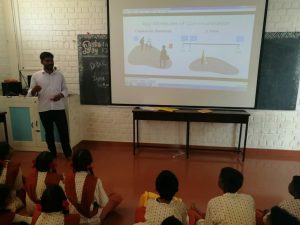
Timeless Lifeskills Foundation

Timeless Lifeskills Foundation
STEM 2.0 Clubs & Labs
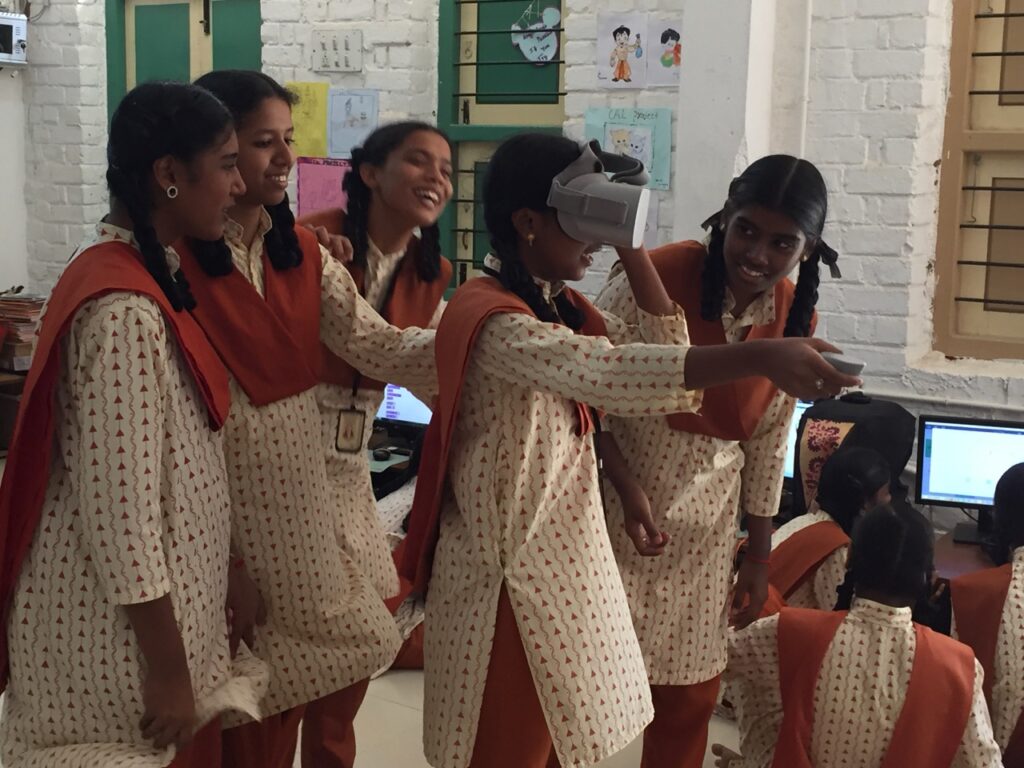
By doing hands-on projects using STEM 2.0 Labs and Digital Media Clubs students learn skills that make them future-ready.
STEM 2.0 Lab

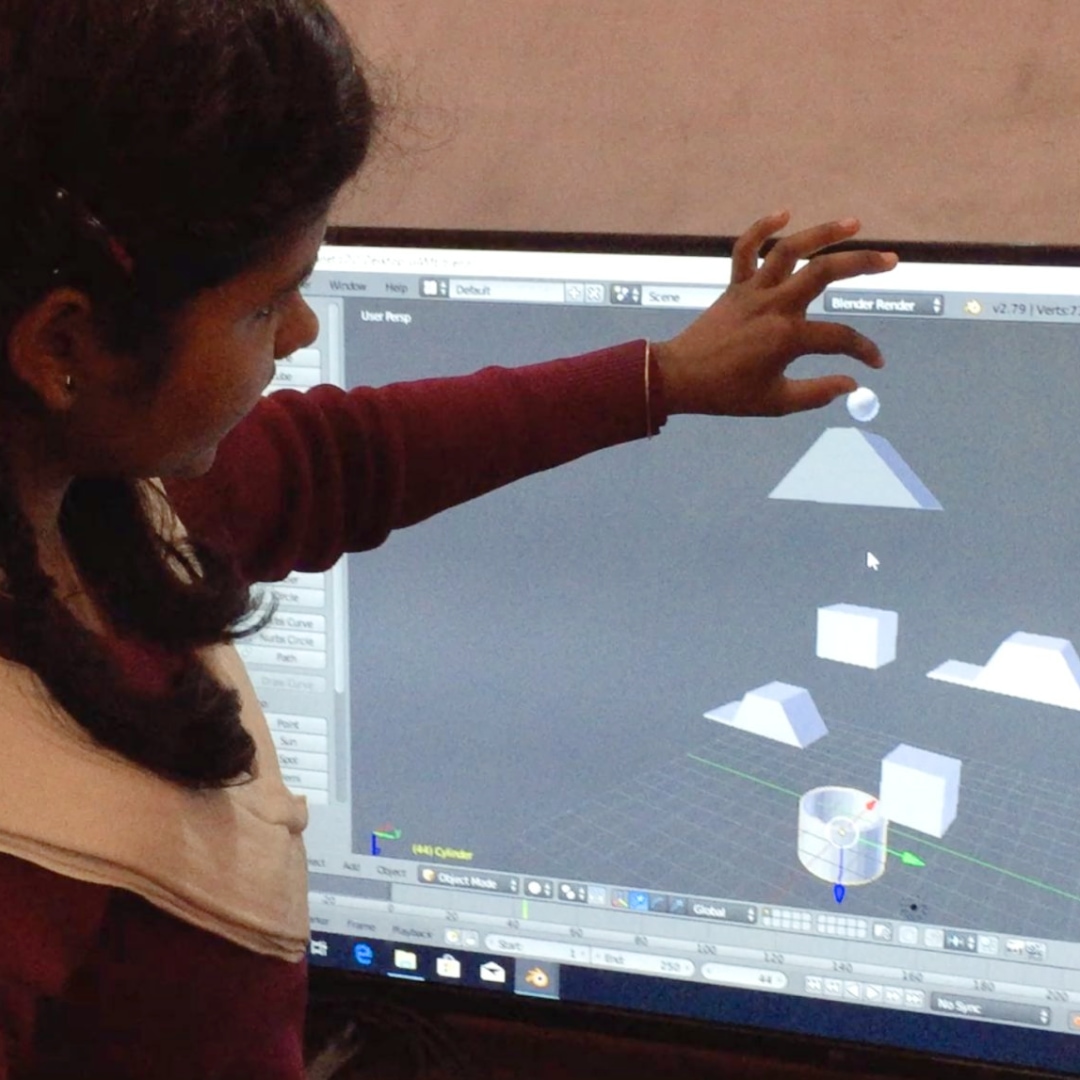
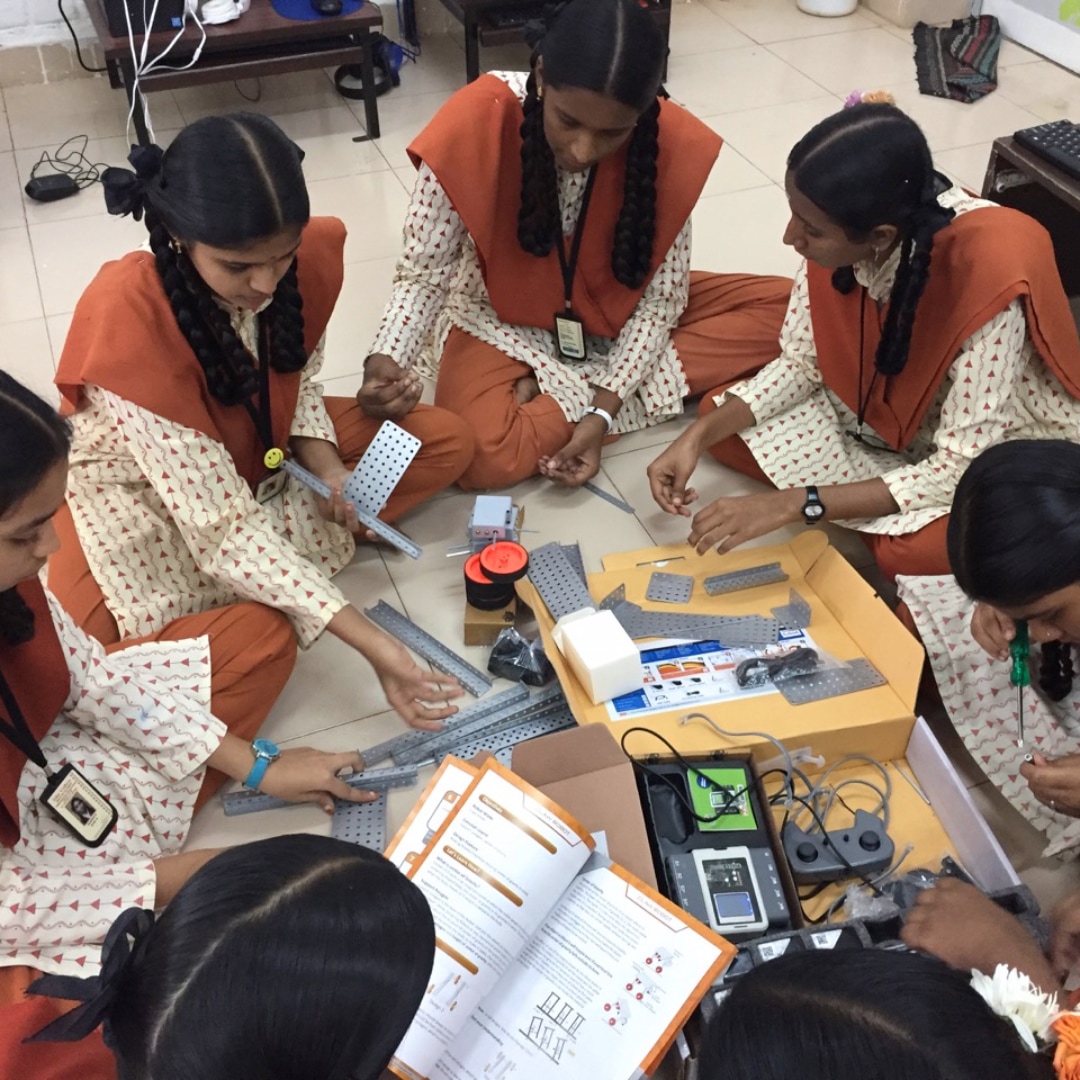
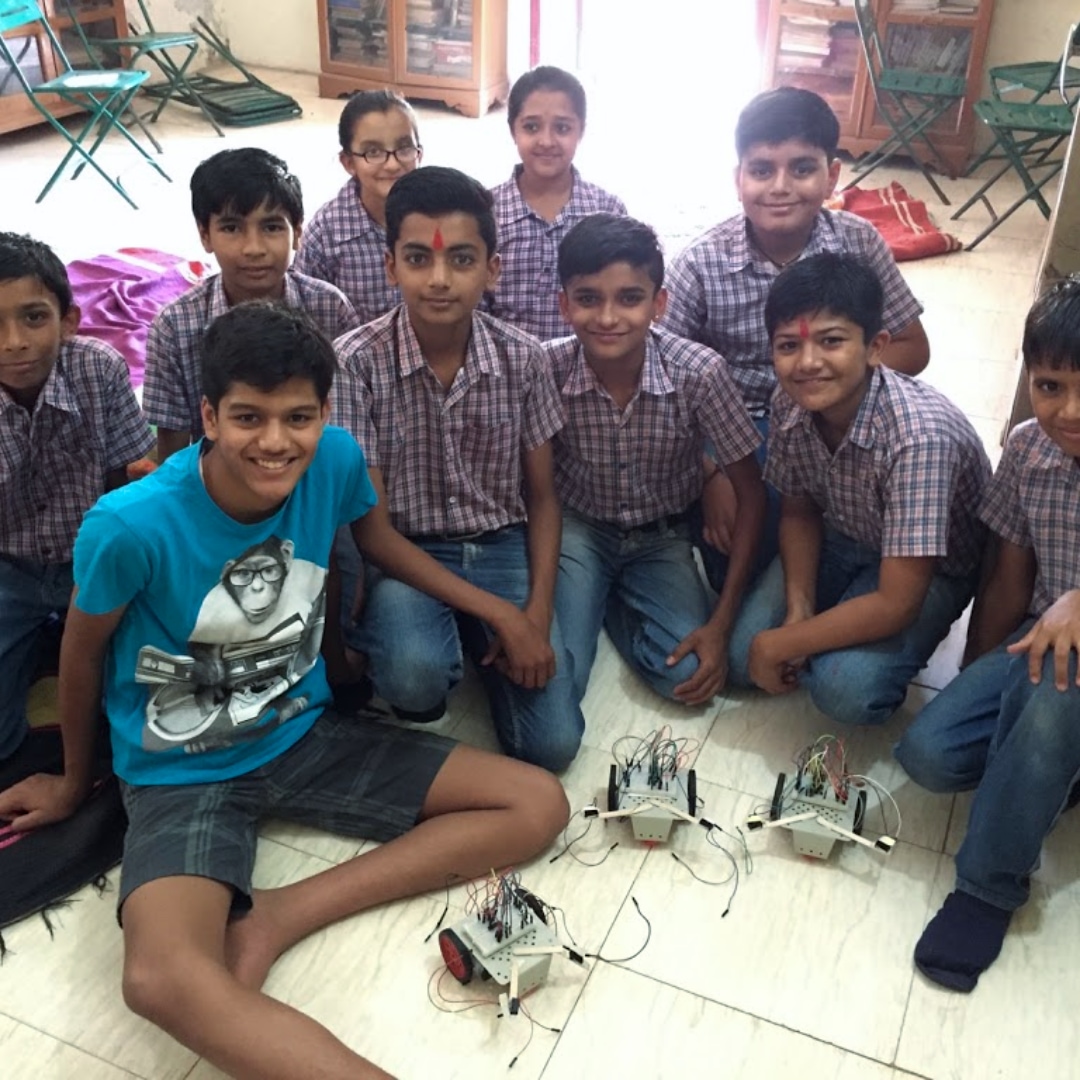
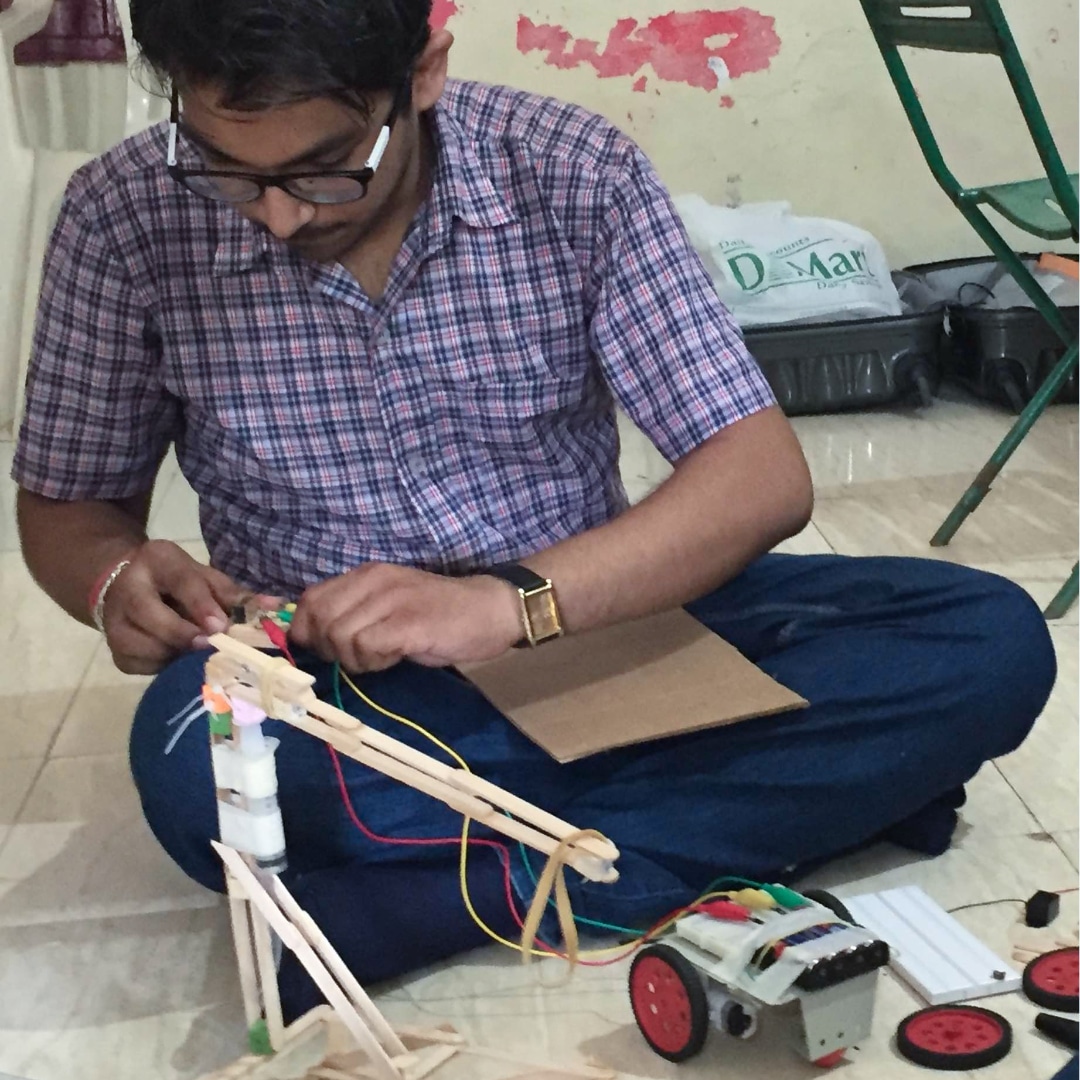
Laboratories in most schools have equipment that is needed for doing experiments that adhere to the prescribed syllabus and the syllabus itself is seldom aligned with acquisition of skills relevant to the fast changing, technology-led economic environment.
Our STEM 2.0 Labs expose students to emerging technologies like robotics, AR-VR, Internet of Things, digital media literacy and so forth.
In STEM 2.0 labs, students learn by doing hands-on project-based work. These labs allow creation of Lifeskills Clubs in schools where students do projects that are more complex, of longer duration and require collaboration. Doing longer-term projects helps the students learn life skills like planning, decision-making, time and resource management team work and more.
The projects done in our STEM 2.0 labs are real-world aligned (something that prescribed syllabus seldom is). For example, students learn animation, graphic design, website creation, app design, game design, AR-VR and more, which are all Vocational Skills 2.0. The labs also equip the students to tackle issues relevant in their local context like experiments on precision agriculture, smart irrigation etc (see the Case Studies below).
We envisage that creation of Lab 2.0 and Tinkering Clubs in rural schools will enable the students to take part in national and global STEM competitions and challenges. Simply taking part will enhance their efficacy and help them learn life skills like risk-taking and resilience.
Why Clubs

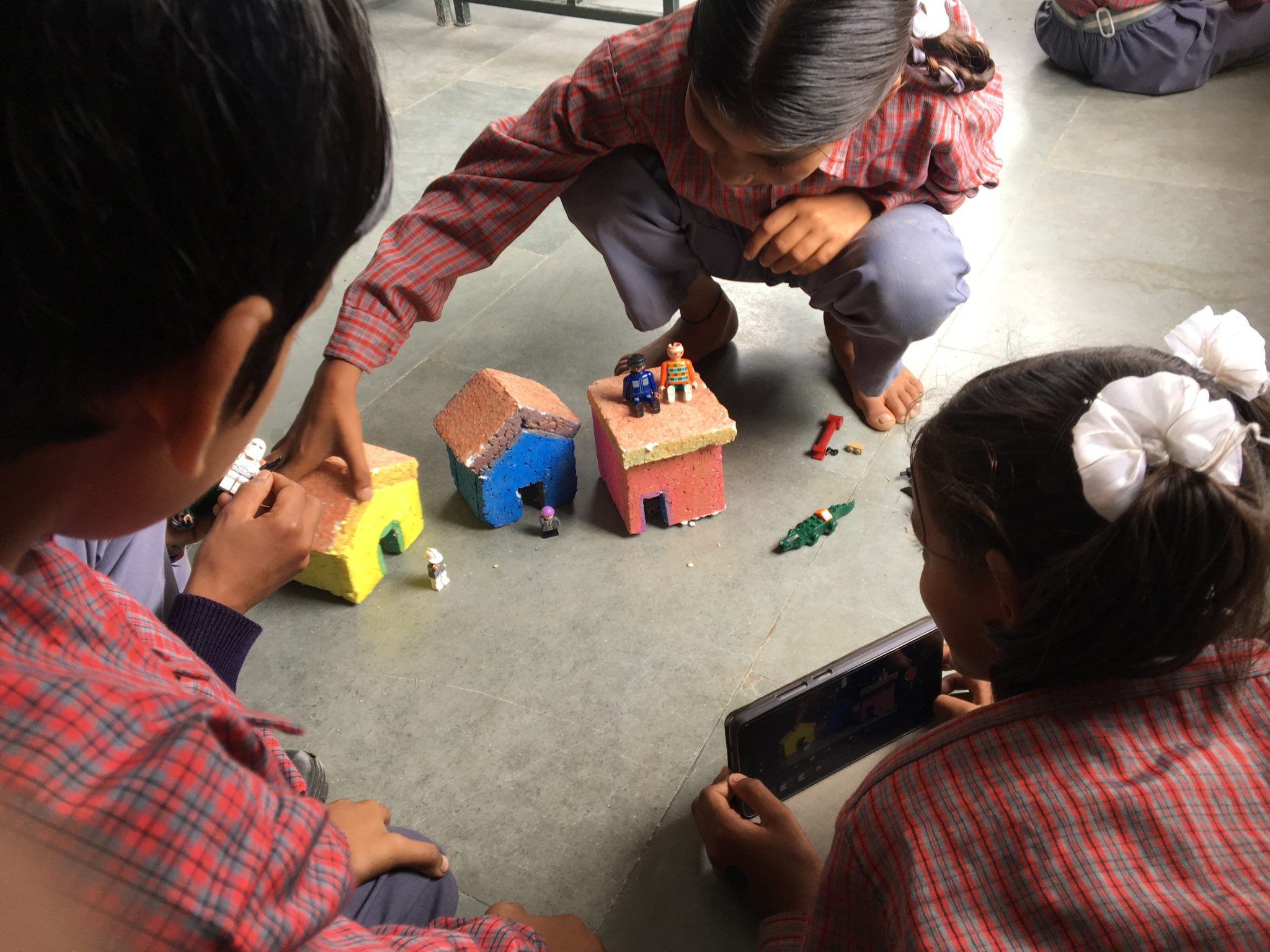
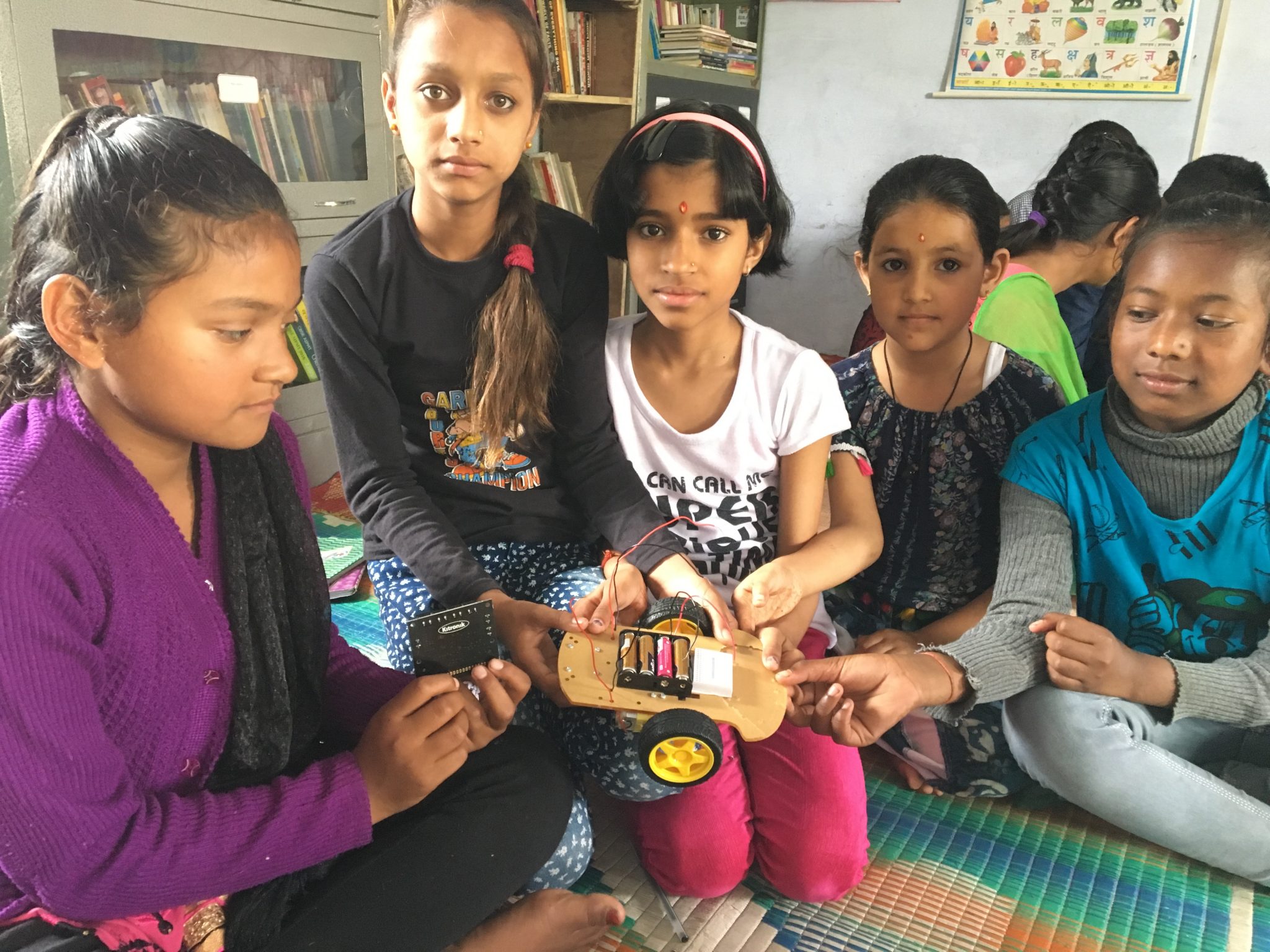
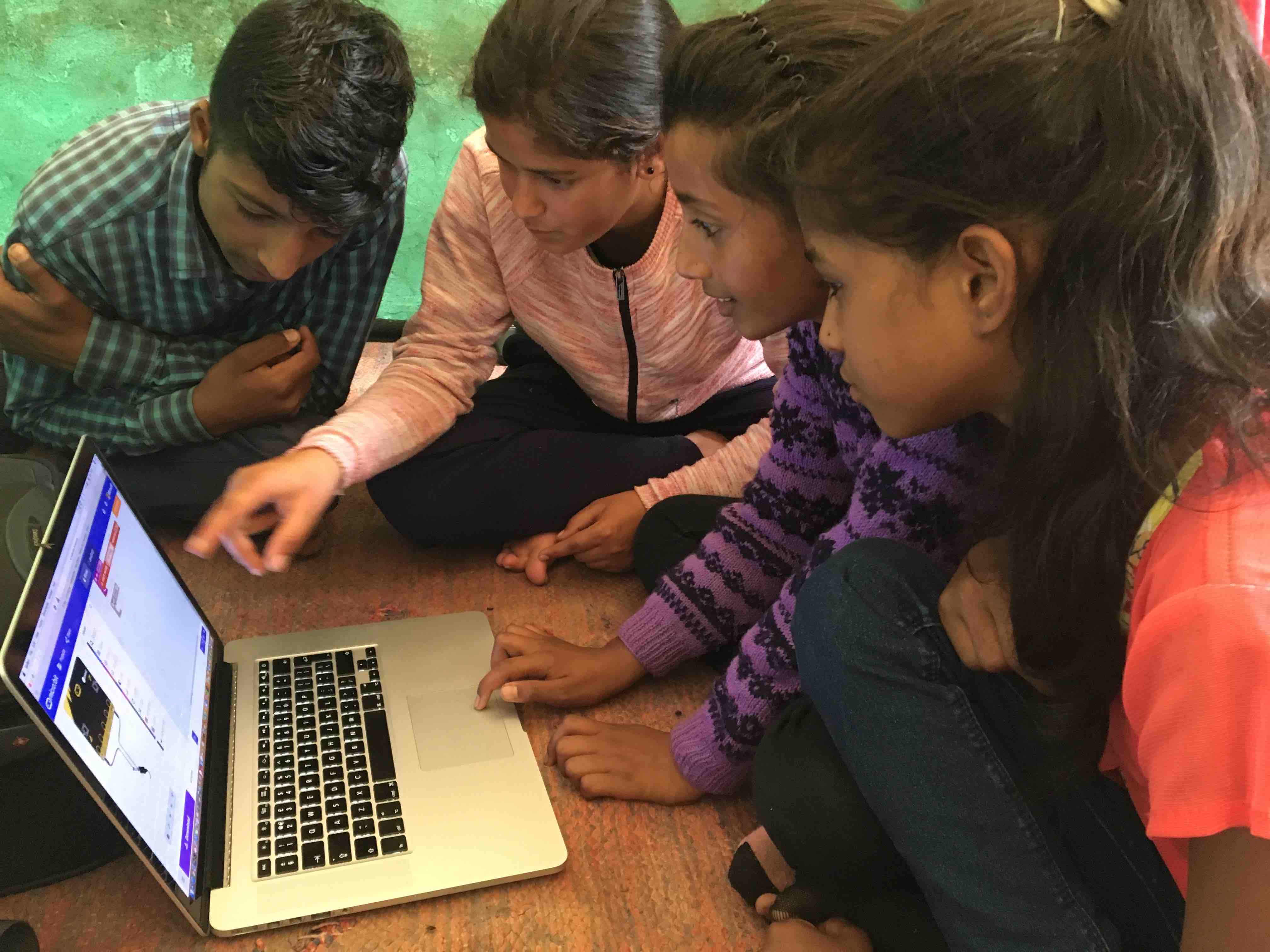
Having the right skills to create value whatever shape the future takes, thus remaining employable and entrepreneurial. Having the right mental dispositions to stay healthy and joyful and lead a purposeful life.
Technology is changing the complexion of the economy yet again and students need to learn skills and dispositions that will not only take them towards the high-skill, high-wage end of the jobs spectrum but also prepare them to lead a healthy, joyful, and purposeful life.
Skills like graphic design, animation, film-making, AR-VR design, app design, game design, coding and more.
Skills like learning-to-learn, learning-to-think, problem-solving, decision-making, collaboration, emotional intelligence, empathy, learning-to-be and more.
Technology is transforming the employment and entrepreneurship landscape. Students need to be aware of the new opportunities that will arise in the coming decades and how they need to prepare themselves to make the most of these new opportunities.
Our Support
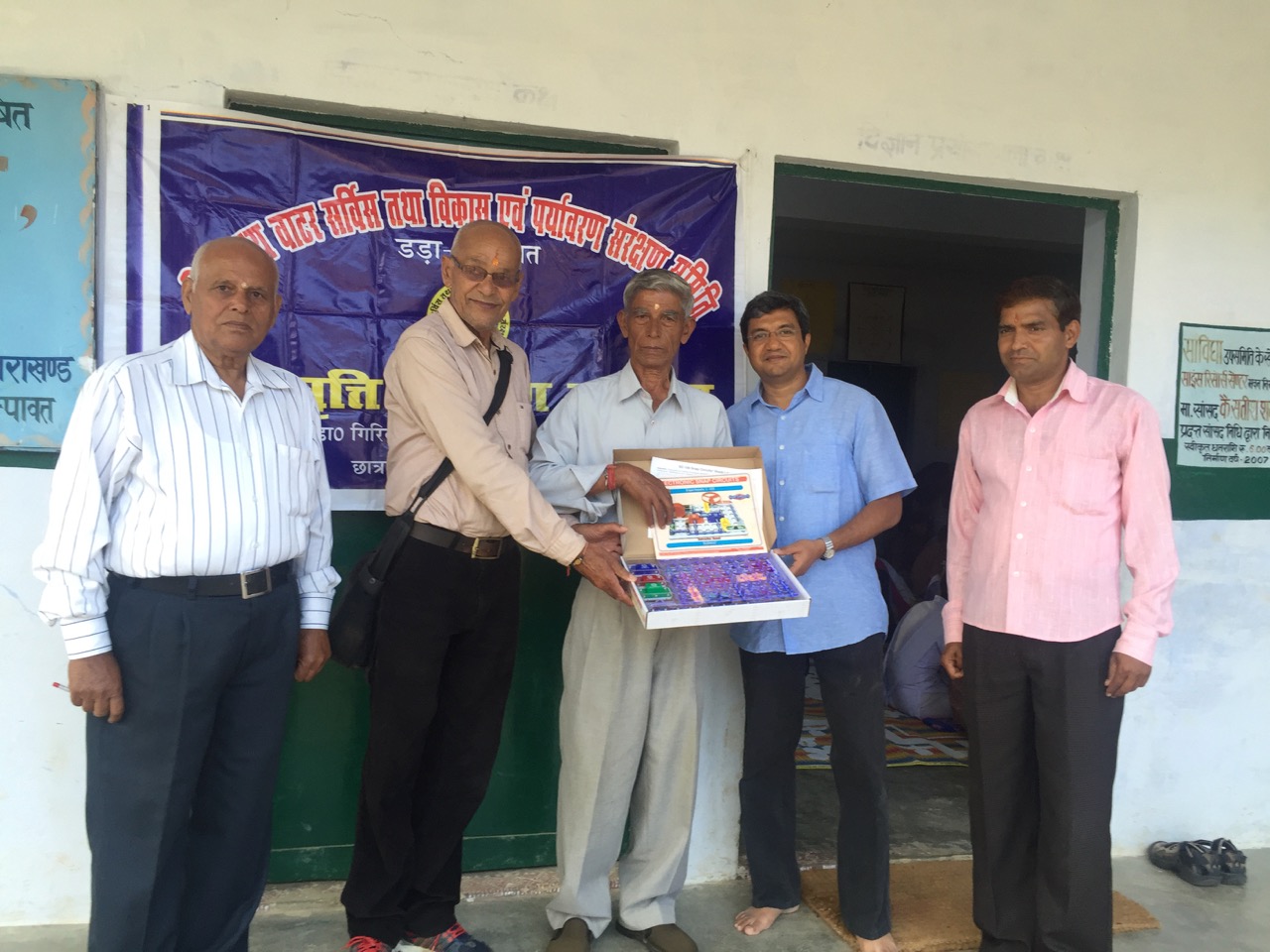
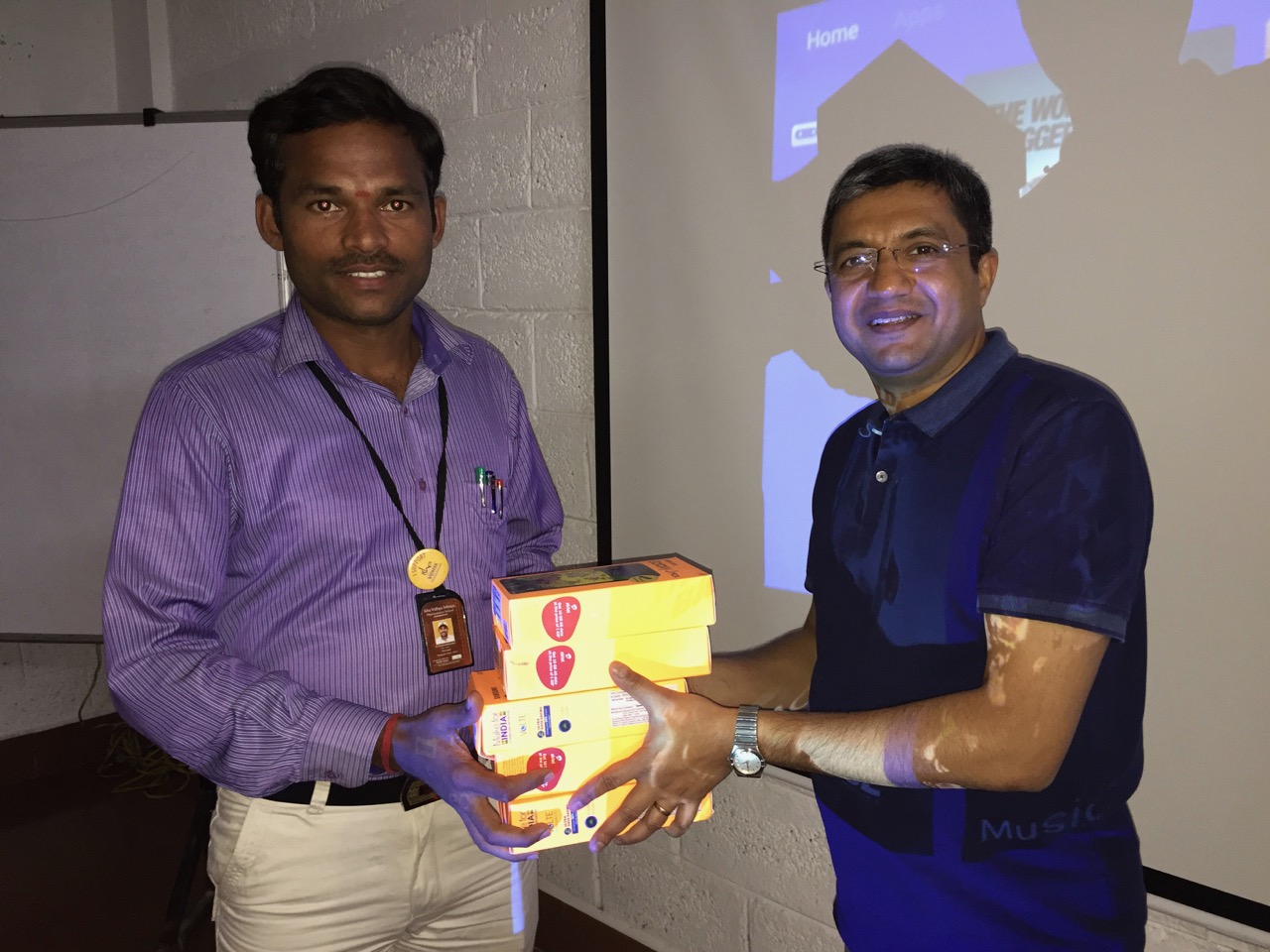

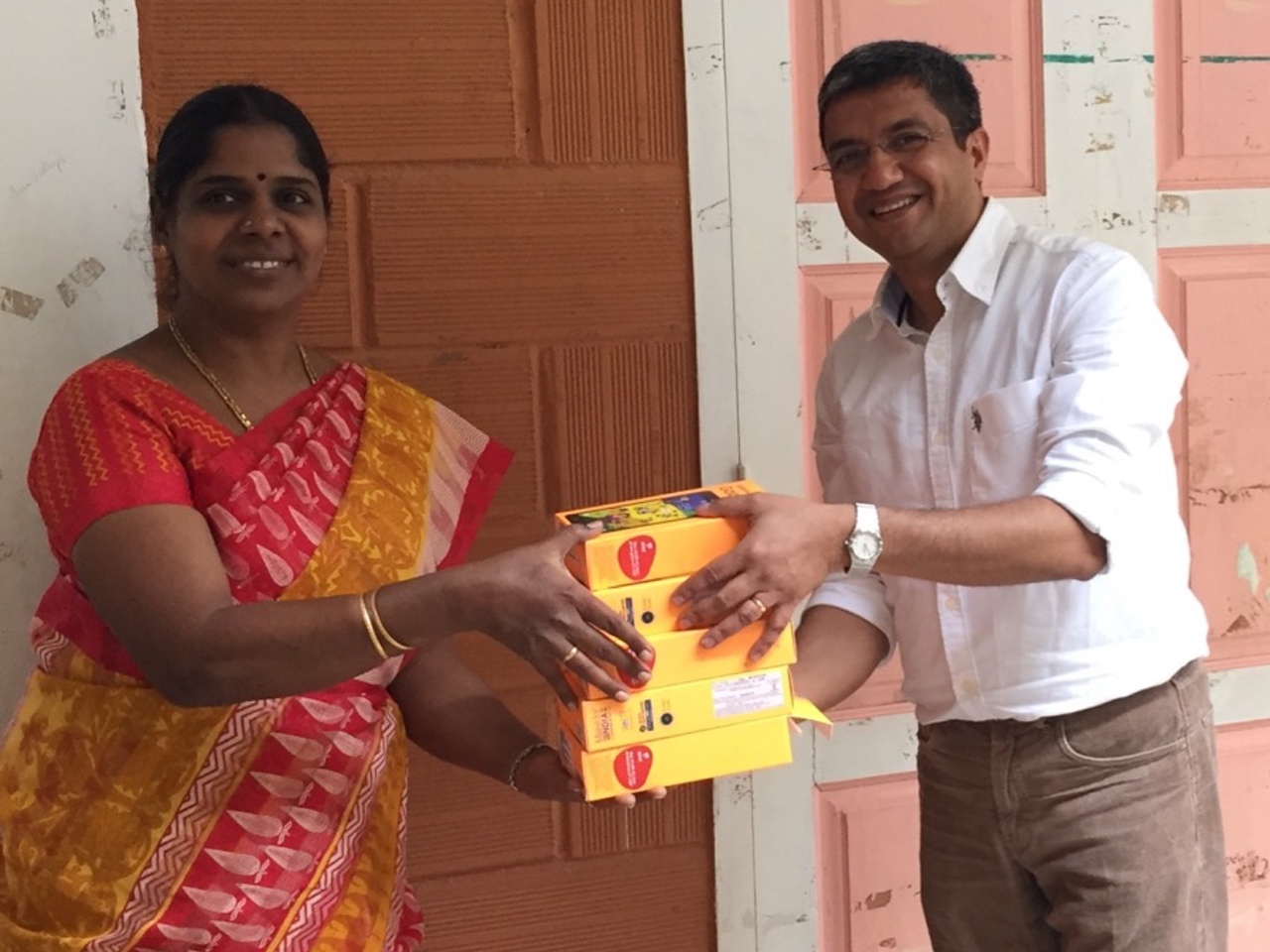

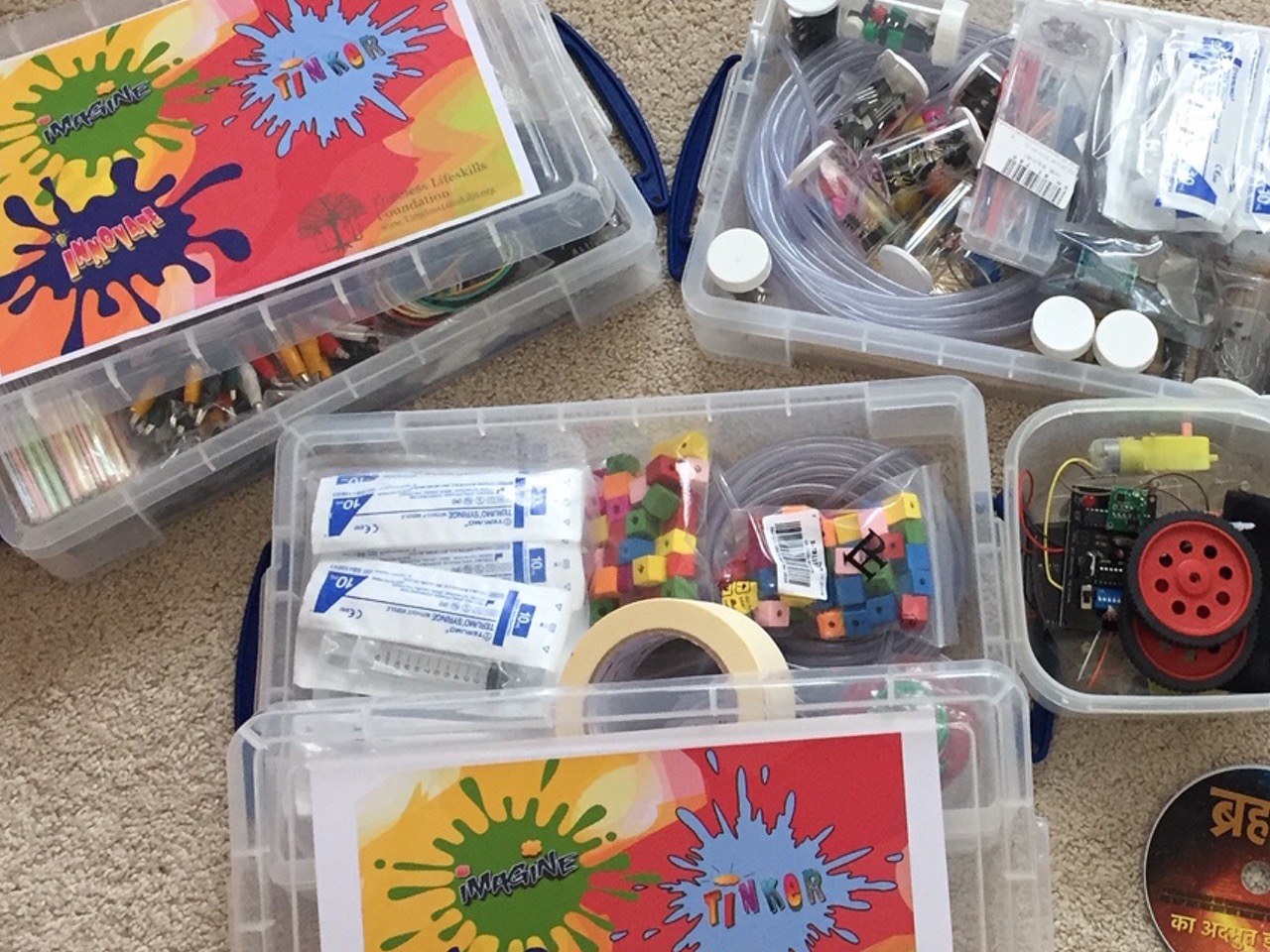
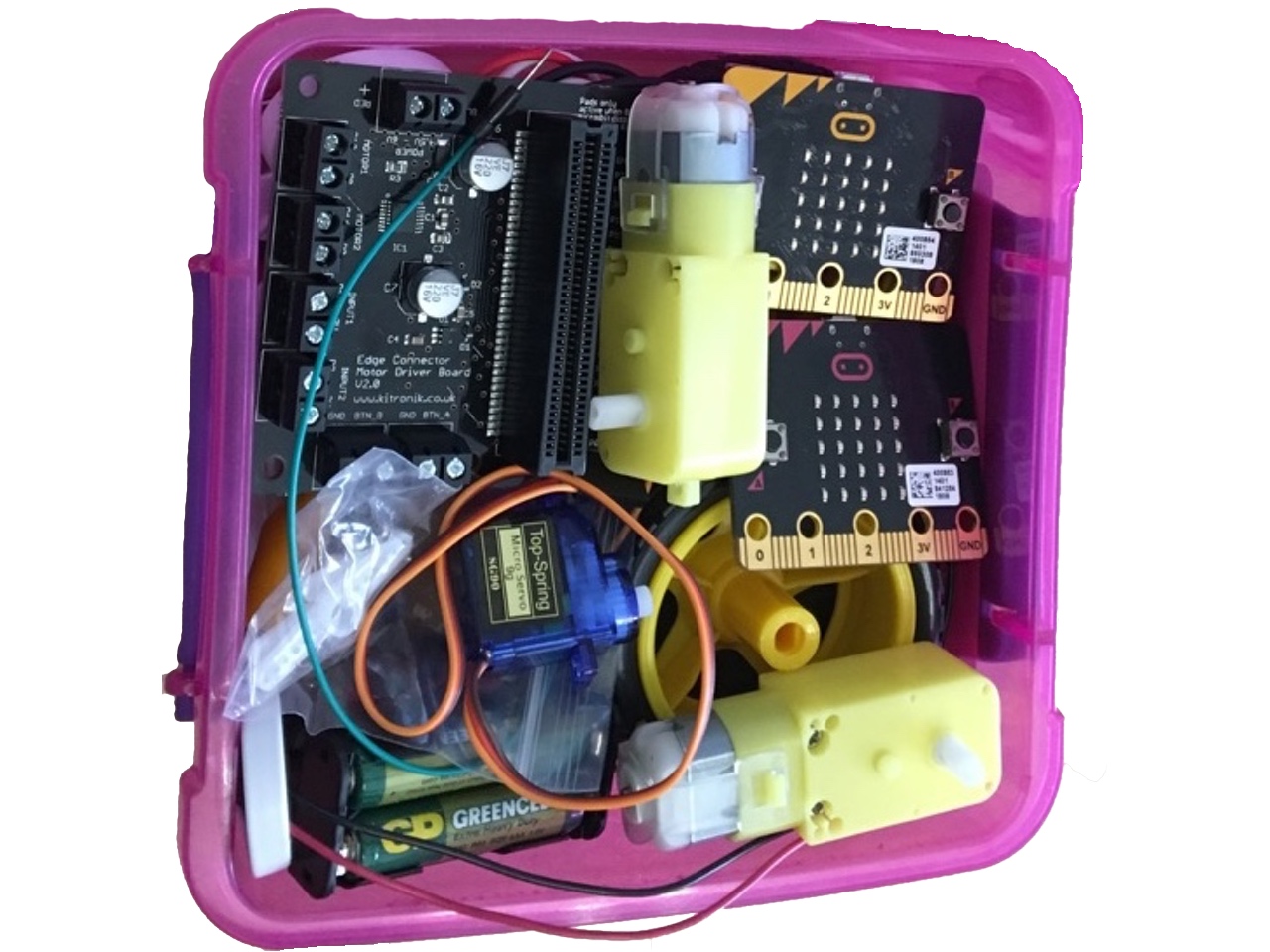
Since 2013, we have been visiting rural schools in India to conduct hands-on workshops where we have been giving equipment like tablets, laptops, STEM 2.0 kits and more to help rural schools impart project-based learning and give their students an opportunity to learn 21st-century life skills in fun ways.
Case Study #1: Short-Film on Drug Abuse
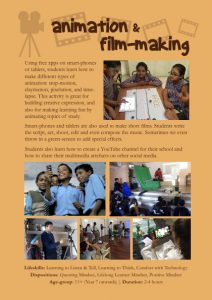 As part of the Digital Media Literacy Club’s Animation & Film-Making activity, students at SDSN school in village Dariyapur, near Raebareli, Uttar Pradesh, Timeless Lifeskills organised a Summer Challenge.
As part of the Digital Media Literacy Club’s Animation & Film-Making activity, students at SDSN school in village Dariyapur, near Raebareli, Uttar Pradesh, Timeless Lifeskills organised a Summer Challenge.
One activity was writing a short essay on a locally important social problem. Students wrote about several issues and rising use of drugs in the villages in the vicinity of the school was one big concern.
It was decided that based on the essays written students will make a short film to raise awareness
With the help of teachers, a team of students made a plan to visit a nearby village and make a short film by talking to people to better understand if indeed the use of mild to strong drugs was on the rise or not.
The school principal spoke with the lady gram-pradhan (village leader) and she agreed to be interviewed by the students.
So one day, after school, the students accompanied by a few teachers, set off to this village.
It was a brilliant learning experience for the students. They figured that village people were initially reluctant to talk about problems in their village and hence they had to put at ease by general chit-chat. Then gradually probing questions could be asked. There was a lot of technical learning too – how to hold the camera, how to hold the mic, how to work as a team by recognising each other’s talent (who is better at formulating questions, who has a better interview technique etc).
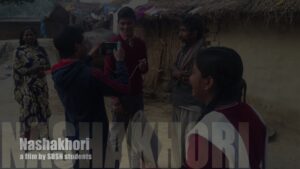
The final result was an 8-minute film.
Case Study #2: Real-World Problem Solving
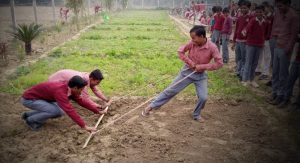
Students at the SDSN school in village Dariyapur in Uttar Pradesh put to good use their knowledge and scientific equipment they have in their Tinkering Lab to better understand real-world issues.
The Hindi teacher at their school reported that there is an increase in the number of people falling sick in his village and this is probably due to problems with the drinking water. So Arvind, the teacher-in-charge of the tinkering club, went to the village and collected and tested the water sample. Indeed, there was bacterial contamination in the water, probably due to the incessant rains.
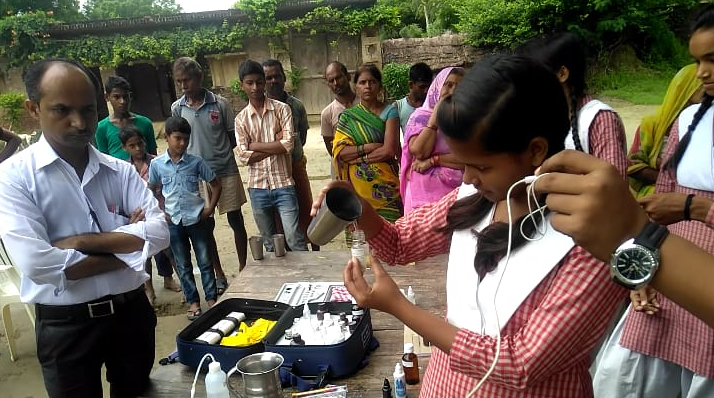
Some students and a couple of teachers then went to the village again and did a comprehensive test (the water-testing kit they have can test water on nine parameters), all the while explaining to the village people about the importance of safe drinking water.
The students also made a short film where they interviewed people in the village about the problems they were facing because of the water contamination and what steps local authorities were taking – a taste of Citizen Journalism!

This was a fantastic learning experience for the students and the teachers. Doing a project that connected learning with real-world issues and also fostered problem-solving, teamwork, and other life skills. This is what Timeless Lifeskills Lab 2.0 & Clubs are all about.
Case Study #3: School Website
At Isha Vidhya schools, spread across rural Tamil Nadu, Timeless Lifeskills started remote-mentoring the teachers and students to kick-off the Digital Media Literacy Club in their school. Remote-mentoring is happening through a combination of videos uploaded to YouTube and guidance provided to instructors on a WhatsApp group. Live streaming sessions directly with the students is in the pipeline.
The first project students are doing is building their school website and in the process they are learning about communication, digital media, information literacy, and learning Vocational Skills 2.0 like photography, making videos, graphic design and more. Of course, they also learn critical life skills like creativity, planning, collaboration and decision-making while doing this project.
The Club is held every Saturday from 1 pm to 3 pm. Teachers refer to an Instructor Guide that gives detailed instructions on how to conduct each session along with critical and creative thinking questions and activities for the Pause & Ponder sessions. Videos for each week are available on Timeless Lifeskills YouTube channel and any questions teachers may have are answered in the WhatsApp group that has been created for this project.
This project stretches over one school term and we hope to launch the schools websites by end Dec 2018. Once the project is complete, we plan to convert this into a self-paced, free, online course that is available to any school that wants to start a Digital Media Literacy Club in their school. Using the learning resources, students and teachers can not only make website for their schools but also their own portfolio, hobby or any other type of websites.
We also plan to launch a Hindi version of the free online course.
